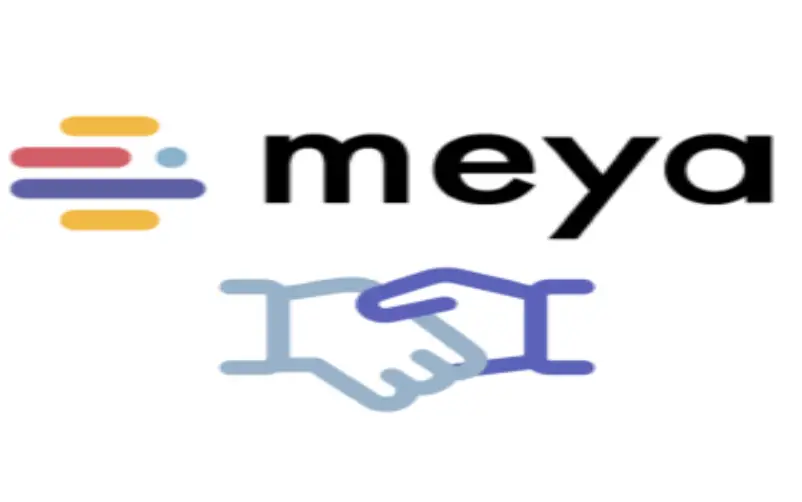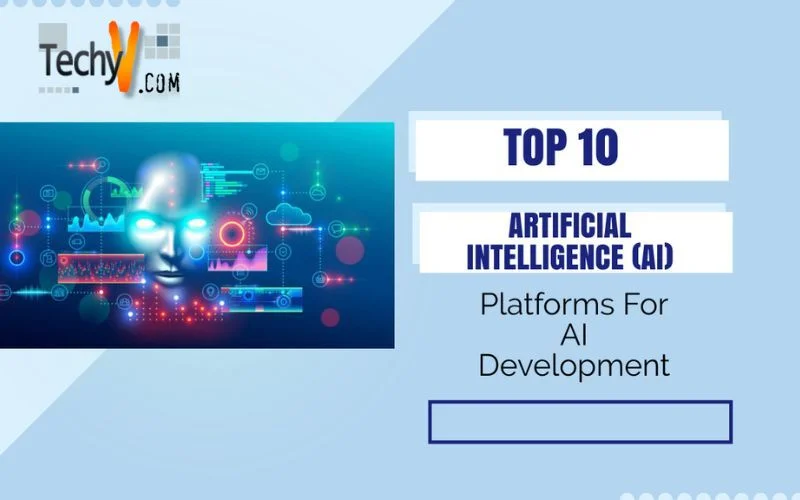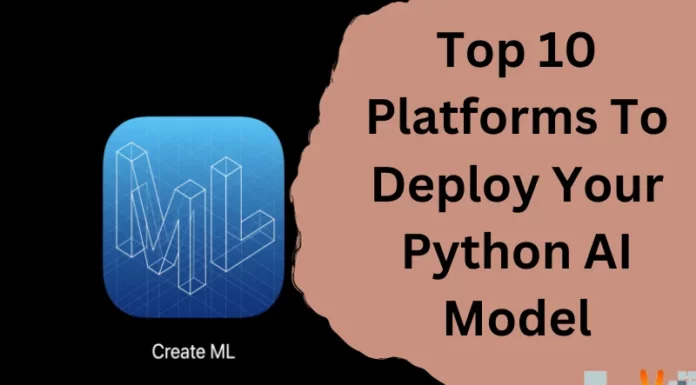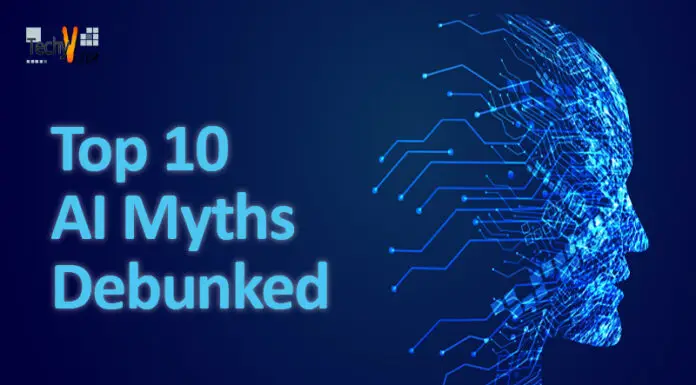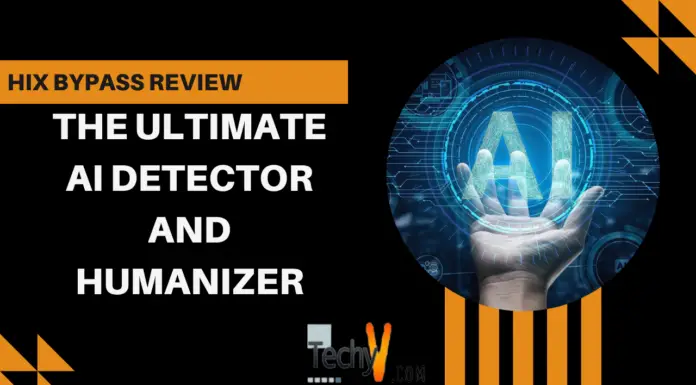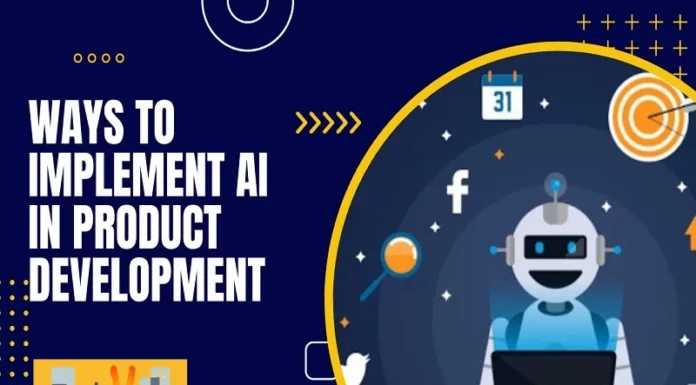Artificial intelligence (AI) refers to a computer’s capacity to replicate the mental processes that humans associate with the brains of other people, including learning and problem-solving, knowledge representation, reasoning, and general intelligence. Artificial intelligence platforms employ machines to carry out jobs that would usually be done by people. Artificial intelligence (AI) software is a subset of computer software that enables AI to process vast volumes of data to do activities that would otherwise need human intelligence. NLP, text recognition, picture recognition, video analytics, and voice recognition are some examples of these.
1. Google AI Platform
AI Platform enables machine learning developers and data scientists to swiftly and efficiently move their ML projects from conception to production and deployment. The AI Platform’s comprehensive tool chain enables you to create and manage machine learning applications, from data engineering through “no lock-in” flexibility. The Google open-source platform Kubeflow, supported by the AI Platform, enables you to create portable machine learning (ML) pipelines that you can operate on Google Cloud without making substantial code modifications.
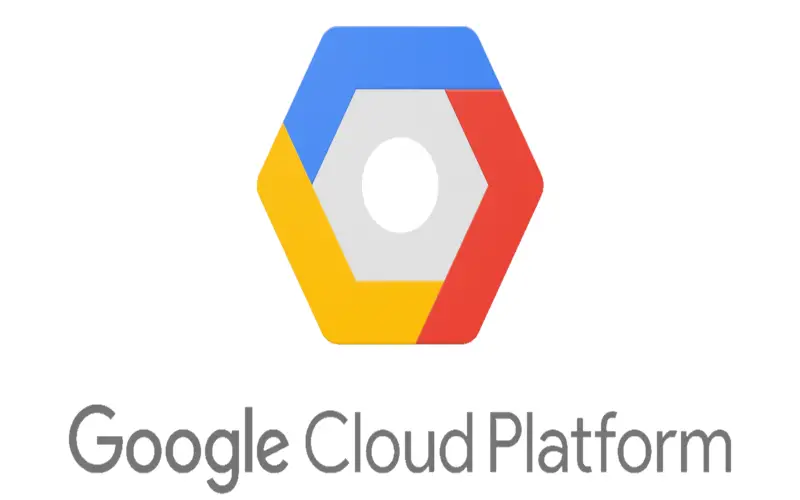
2. TensorFlow
Data flow graphs are used in TensorFlow, an open-source software framework for numerical computing. The graph’s nodes stand in for mathematical processes, while its edges stand in for the multidimensional data arrays (tensors) that are sent between them. Users may even use more CPUs and GPUs for a single API.

3. Microsoft Azure
Microsoft Azure Machine Learning, which aims to make machine learning easier for enterprises, offers cloud-based sophisticated analytics. By including original R or Python code or by utilizing world-class algorithms from Xbox, Bing, R, or Python packages, business clients may model in their unique way. The model may be immediately deployed as a web service after completion, allowing it to connect to any data, anywhere. Through the marketplace for machine learning or the product gallery, it may also be made available to the general public.

4. Rainbird
The artificial intelligence platform Rainbird, which has won awards, improves company processes. Building systems with human-like decision-making capabilities help businesses to design solutions that are more effective and of higher quality. To automate knowledge work and create consultative systems that can change how the company’s workers and customers engage with one another, users of Rainbird can use current human business knowledge and integrate it with the firm’s data.
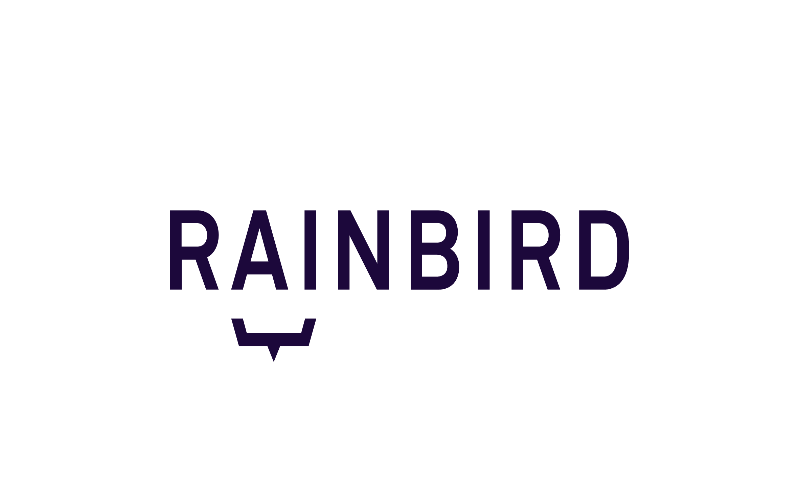
5. Infosys Nia
A knowledge-based AI platform is Infosys Nia. To drive automation and innovation, it combines machine learning with the in-depth expertise of an organization. This makes it possible for companies to redesign their system landscapes constantly. Nia significantly reduces the cost of upkeep for physical and digital assets through the Infosys AiKiDo service offerings. It streamlines the improvement of key business processes and collects people’s knowledge and expertise across disjointed and complicated systems.
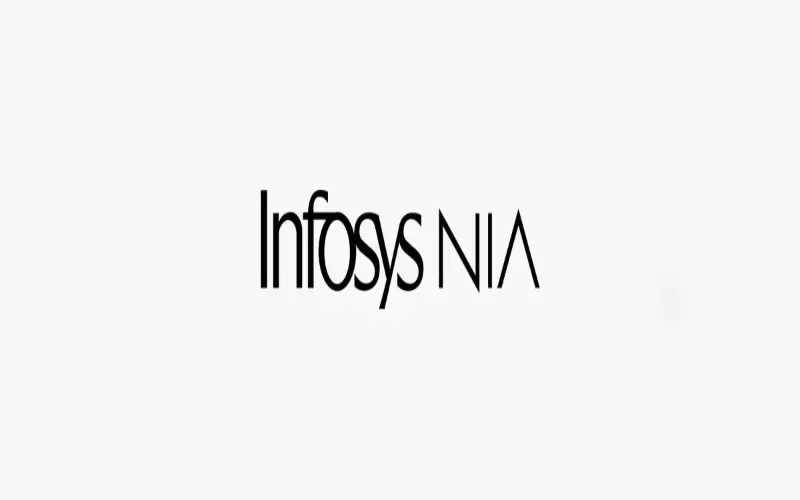
6. Wipro HOLMES
For the creation of virtual digital agents, cognitive process automation, visual computing applications, predictive systems , robots, and drones, Wipro offers the HOLMES – Artificial Intelligence Platform. With the help of technologies such as natural language processing, genetic and deep learning algorithms, machine learning, pattern recognition, and knowledge modeling, Wipro HOLMES was created to offer solutions that improve productivity and experience cognitively, speed up processes through automation, and, at the most advanced stage of development, achieve autonomy.
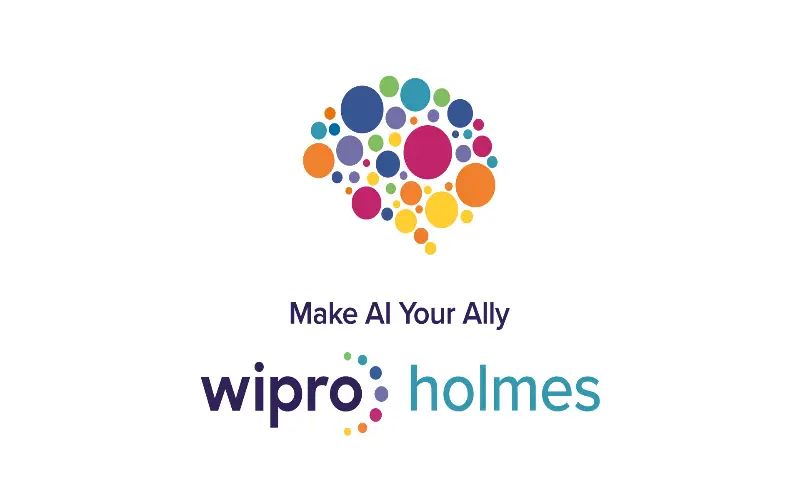
7. Dialogflow
Users of API.AI may create custom, brand-specific natural language interactions for devices, services, applications, and bots. It has a Natural Language Understanding Tool that allows you to create original conversational scenarios, create related actions, and track user reactions. Utilise preconfigured knowledge packages that have been gathered over several years. These packages may include comprehensive information, weather, news, travel arrangements, etc. While the platform continually improves user experience by using examples given by developers and input from end users.
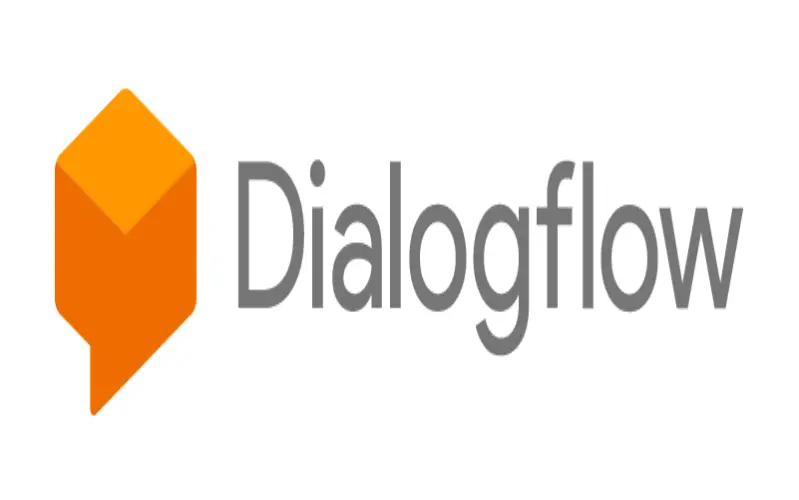
8. Ayasdi
The goal of Ayasdi is to make it simple for users to access the vast volumes of customer, product, and market-related data at their disposal to unearth new insights, develop predictive models, and eventually automate business processes using intelligent applications. Ayasdi is a platform for enterprise-scale machine intelligence that provides the automation required to capitalize on the company’s huge and complicated data to provide it with a competitive advantage.
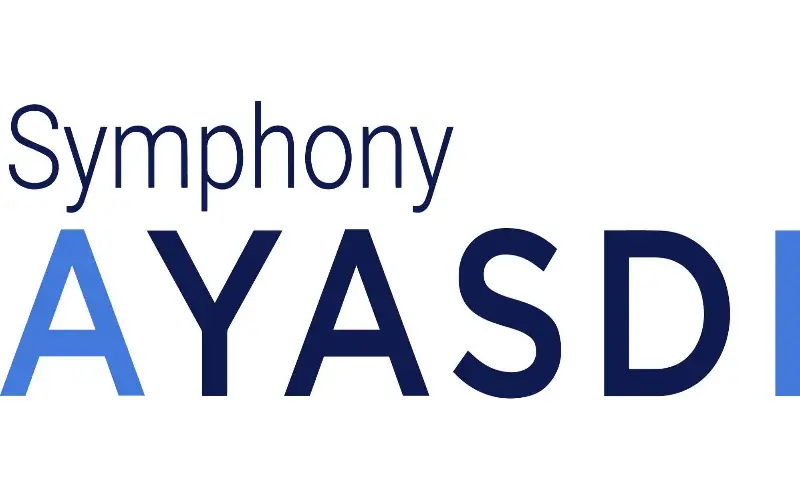
9. MindMeld
Deep-Domain Conversational AI from MindMeld will power the Next Generation of Voice and Chat Assistants. This is one of the most useful products that people may use, whether for private or business purposes. The usual mistakes and misunderstandings caused by earlier voice and chat assistants may now be avoided by users. These errors and misunderstandings typically include hit-or-miss accuracy that quickly frustrates users, preset rules breaking when users veer slightly off-script, common slang that frequently goes misunderstood and shallow knowledge that fails to answer even basic questions.
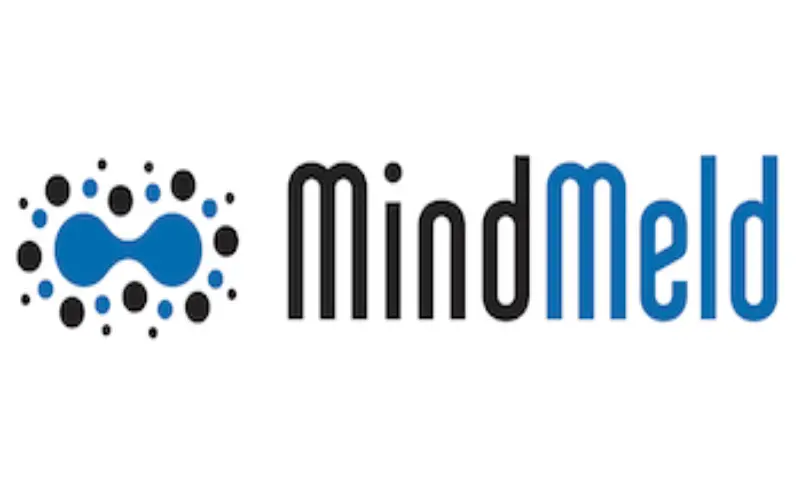
10. Meya
Meya Bot Studio is an IDE that runs entirely on the web. The studio includes a flow & code editor, test chat, and live debugging, everything the business needs to create outstanding bots. It uses the straightforward Bot Flow Markup Language (BFML) to create flows. Use integrated components, and write your components with Node.js or Python. Real-time testing and bug-fixing, visualize the business flow and Simple flow connections between intentions Join GitHub, and commit code.
